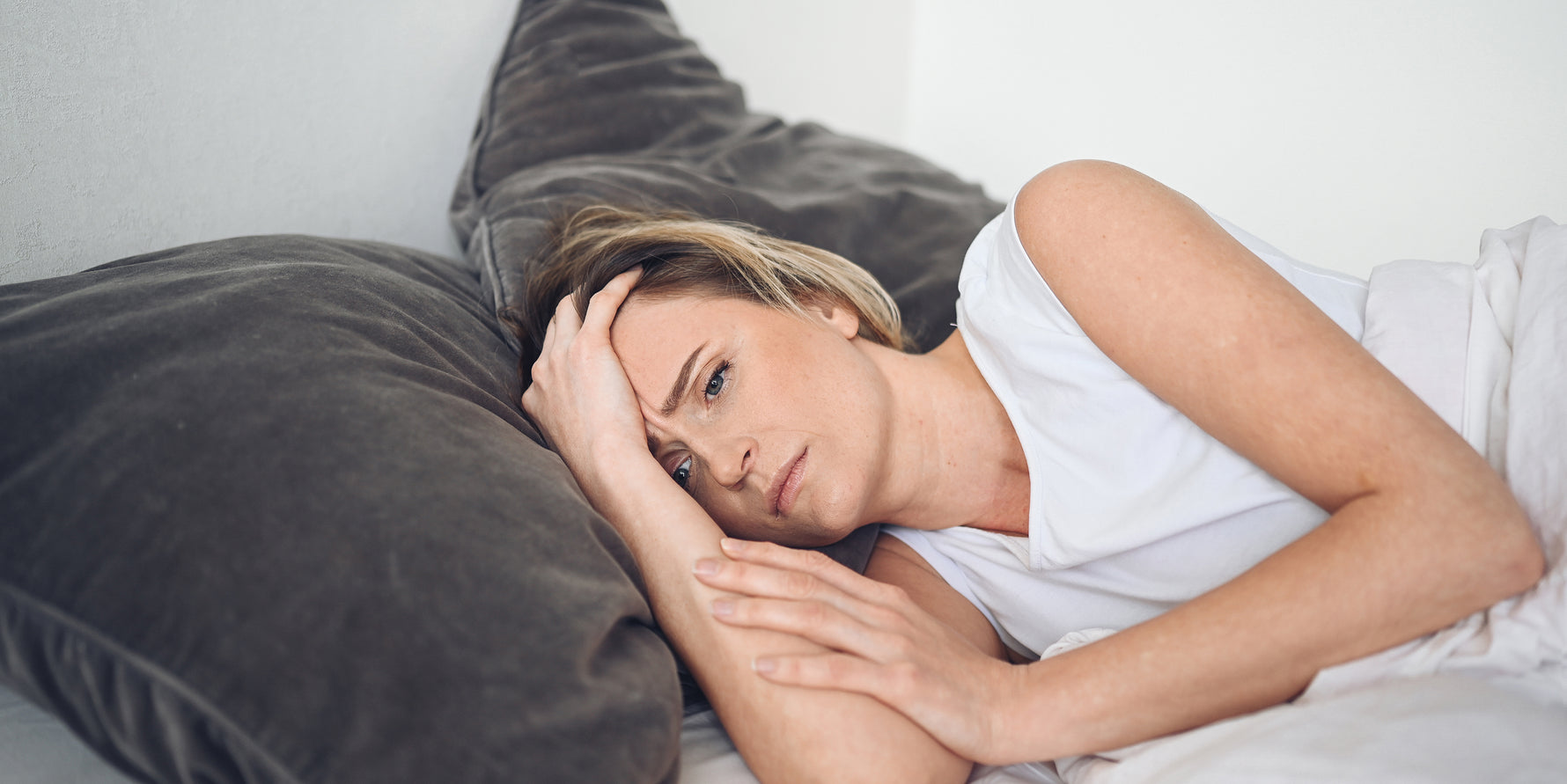20% OFF HEART HEALTH COLLECTION USE CODE EZHEART AT CHECKOUT
20% OFF HEART HEALTH COLLECTION USE CODE EZHEART AT CHECKOUT
20% OFF HEART HEALTH COLLECTION USE CODE EZHEART AT CHECKOUT
20% OFF HEART HEALTH COLLECTION USE CODE EZHEART AT CHECKOUT
20% OFF HEART HEALTH COLLECTION USE CODE EZHEART AT CHECKOUT
20% OFF HEART HEALTH COLLECTION USE CODE EZHEART AT CHECKOUT
20% OFF HEART HEALTH COLLECTION USE CODE EZHEART AT CHECKOUT
20% OFF HEART HEALTH COLLECTION USE CODE EZHEART AT CHECKOUT
20% OFF HEART HEALTH COLLECTION USE CODE EZHEART AT CHECKOUT
20% OFF HEART HEALTH COLLECTION USE CODE EZHEART AT CHECKOUT
20% OFF HEART HEALTH COLLECTION USE CODE EZHEART AT CHECKOUT
20% OFF HEART HEALTH COLLECTION USE CODE EZHEART AT CHECKOUT
20% OFF HEART HEALTH COLLECTION USE CODE EZHEART AT CHECKOUT
20% OFF HEART HEALTH COLLECTION USE CODE EZHEART AT CHECKOUT
20% OFF HEART HEALTH COLLECTION USE CODE EZHEART AT CHECKOUT
20% OFF HEART HEALTH COLLECTION USE CODE EZHEART AT CHECKOUT
20% OFF HEART HEALTH COLLECTION USE CODE EZHEART AT CHECKOUT
20% OFF HEART HEALTH COLLECTION USE CODE EZHEART AT CHECKOUT
20% OFF HEART HEALTH COLLECTION USE CODE EZHEART AT CHECKOUT
20% OFF HEART HEALTH COLLECTION USE CODE EZHEART AT CHECKOUT
20% OFF HEART HEALTH COLLECTION USE CODE EZHEART AT CHECKOUT
20% OFF HEART HEALTH COLLECTION USE CODE EZHEART AT CHECKOUT
20% OFF HEART HEALTH COLLECTION USE CODE EZHEART AT CHECKOUT
20% OFF HEART HEALTH COLLECTION USE CODE EZHEART AT CHECKOUT
EZ Melts Health Blog

EZ Melts Health Blog
5 Ways to Protect Your Eyes in the Summer
by Annie-Eliza Stevens
on Jul 29 2022
There’s a lot more you can do to protect your eyes other than wear sunglasses in the summer (love those frames, btw).
Eyes need protection year-round, but especially when the sun is beating down on you. This tends to happen more often in most places during the warmer spring and summer months when people head outside en masse, so what better time to write about eye health?
Hindsight is 20/20, pun intended, so practicing good eyecare habits starting today is the best way to lower your risk of health conditions down the road. Long-term sun exposure can cause cataracts, photokeratitis (like a sunburn on your corneas, ouch), and even cancer on your eyelids.
Here are five ways to keep those peepers in their prime during time well-spent outdoors.
UV ProtectionWe know we already mentioned sunglasses, but make sure they’re legit. To really block out harmful UV rays from the sun which can fry your eyes, look for the sticker that confirms they protect against UVB and UVA rays.
Eye DropsEyes burning or feeling like raisins in the sun after a long day by the pool? Sunlight and high temps can dry them out, so get quality, lubricating eye drops to help soothe irritation.Don’t overuse them, however! Using them more than recommended can dry them out further.
Wear a Wide-Brimmed HatThis one’s self-explanatory, wink wink. Make sure it provides shade for your eyes.
Hydration and FoodHydrating is essential in the summer, as you lose more water through sweating. In addition, if you’re not getting enough water, it’s hard for your eyes to produce tears, which is needed to prevent certain eye conditions.In addition, eating a diet high in vitamin A and the nootropic citicoline is vital to keep your eyes at their best.Unfortunately, 25% of people are still deficient in vitamin A, and while citicoline is found in some foods, it’s more beneficial to take a supplement.
Vitamin A and CiticolineEnsure you’re getting what your eyes need by taking high-quality supplements of vitamin A and citicoline.Vitamin A is essential for eye health and vision. It helps keep your corneas clear and protects your vision.And according to the National Cancer Institute, citicoline is used by doctors for its studied ability to shield nerves by strengthening their membranes.Citicoline has been used for centuries in Asia as a natural treatment for many ailments, but it is just now being studied and used to lower the risk of glaucoma, a condition that causes irreversible damage and vision. Studies are showing that citicoline does work to reduce visual decline.The combination of vitamin A and citicoline can be a powerful supplement regimen to give your eyes a fighting chance against permanent eye damage in the long run.
The EZ Melts Difference
When buying your citicoline and vitamin A supplements, make sure you’re choosing a brand that cares about what you put in your body as much as you do.
EZ Melts supplements are all zero-sugar, vegan, gluten-free, and non-GMO, so you know that you are getting effective supplements that won’t cause you harm.
Join our Subscribe & Save program today to save 15% on recurring orders of your favorite supplements. There’s no commitment – you can skip, pause, or cancel your subscription at any time.
Thank you for being a part of the EZ Melts community.

EZ Melts Health Blog
Why IS it Harder to Sleep in the Summer?
by Annie-Eliza Stevens
on Jul 20 2022
Warmer days bring a great amount of restorative relaxation, time spent in fun outdoor activities, and more vitamin D production from the sun. All of these factors can enhance your mood and energy levels…but there is a flip side to this.
Longer days and warm summer nights can actually make it really hard for people to fall asleep and stay asleep.
In addition, many people find that it can be harder to sleep until their usual alarm and find themselves awake before they want to be.
This can lead to grogginess, lower productivity, and of course, lower energy levels. Why does this happen?
Here are five ways that summer interferes with your ZZZs, and what you can do to support deep, restful sleep.
Warmer Room Temperature
Warmer nights actually disrupt sleep rather than aid it. There actually is an ideal temperature for optimal rest, which is around 67-69 F.
Anything higher than 70 F is shown to interfere with your REM cycle, which is when your body gets deep, restorative sleep. As heat rises, so does the likelihood of restlessness and rising internal temperature, which works against your REMs.
Summer Vacation Plans
Summer is when a lot of people travel and vacation in the US. With that often comes jet lag, different time zone adjustments, and more exciting day and evening activities that make it hard to get quality sleep.
For some people, it’s less about excitement and anticipation than it is about the stress of packing, planning, traveling, and scheduling adventures.
Either way, your sleep cycle can be all over the place, and stressors or exciting experiences can affect the quality of your rest.
Seasonal Allergies
A lot of seasonal allergies happen in the summer months, which makes it really difficult to stay asleep.
In fact, according to the Sleep Foundation, people who suffer from allergies are more likely to develop snoring, sleep apnea, insomnia, and short, restless sleep cycles.
Many people wake up frequently with a stuffy nose, cough, irritated eyes, and more, which makes it hard to get quality rest as well as stay in dreamland.
You're Eating Later
Because daylight hours are longer in the summer, people tend to eat dinner a little later too. However, eating later but keeping your bedtime routine the same is proven to be a bad idea.
When there are fewer hours in between your last meal and dozing off, your body has a difficult time metabolizing and digesting food. Turning food into energy also triggers insulin release which can mess with your body’s sleep-wake cycle.
Professionals suggest that your last meal is 2-3 hours before bed to allow for proper digestion and minimal stomach upset. Try to limit spicy and caffeinated foods and drinks before bed as well.
Longer Days
Your circadian rhythm—the biological clock that tells your body when to sleep and when to be active—is affected by the increased daylight hours during the summer.
This is because light delays your body from producing melatonin, the hormone your brain produces that signals your natural rhythm that it’s time to sleep.
In addition, your body halts production in the AM as well, which means when the sun comes up sooner, your body is active sooner. In a nutshell, Longer days = less melatonin.
A Natural Solution
Rather than take OTC options that leave you groggy and tired, try a natural option: take a melatonin supplement 30-60 minutes before bedtime.
For even better results, combine melatonin at night with an l-theanine supplement during the day to support lower stress levels and increased relaxation, which will help your body when it’s time to sleep.
The combination will help you stay calm and focused during the day while more effectively signaling your circadian rhythm that it’s bedtime at night.
The EZ Melts Difference
Quality matters. Make sure you are choosing a brand that cares about what they put into their supplements as much as you care about what goes into your body!
The best part about choosing EZ Melts? Our tablets are fast melting, EZ to take, and have delicious customer-approved flavors. In addition, all our supplements have zero chemical additives, are vegan, and non-GMO.
Try pairing melatonin with a daily l-theanine supplement to support better days and easy ZZZs.


















